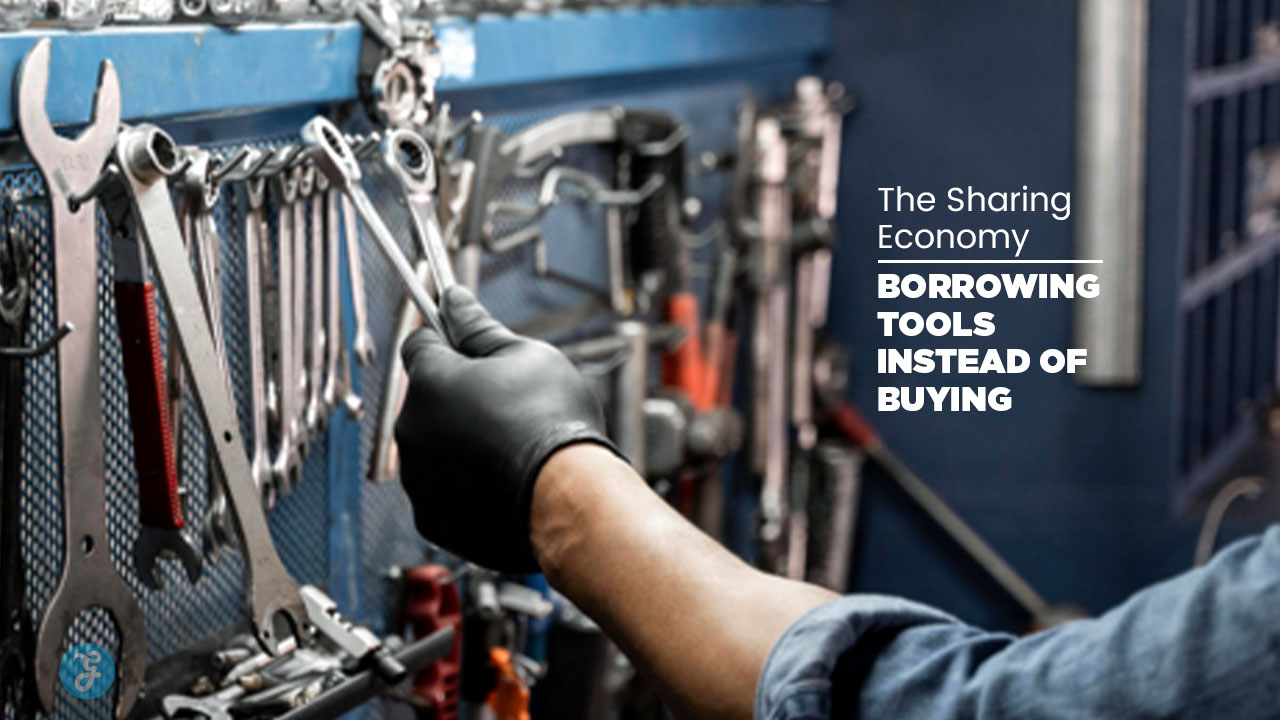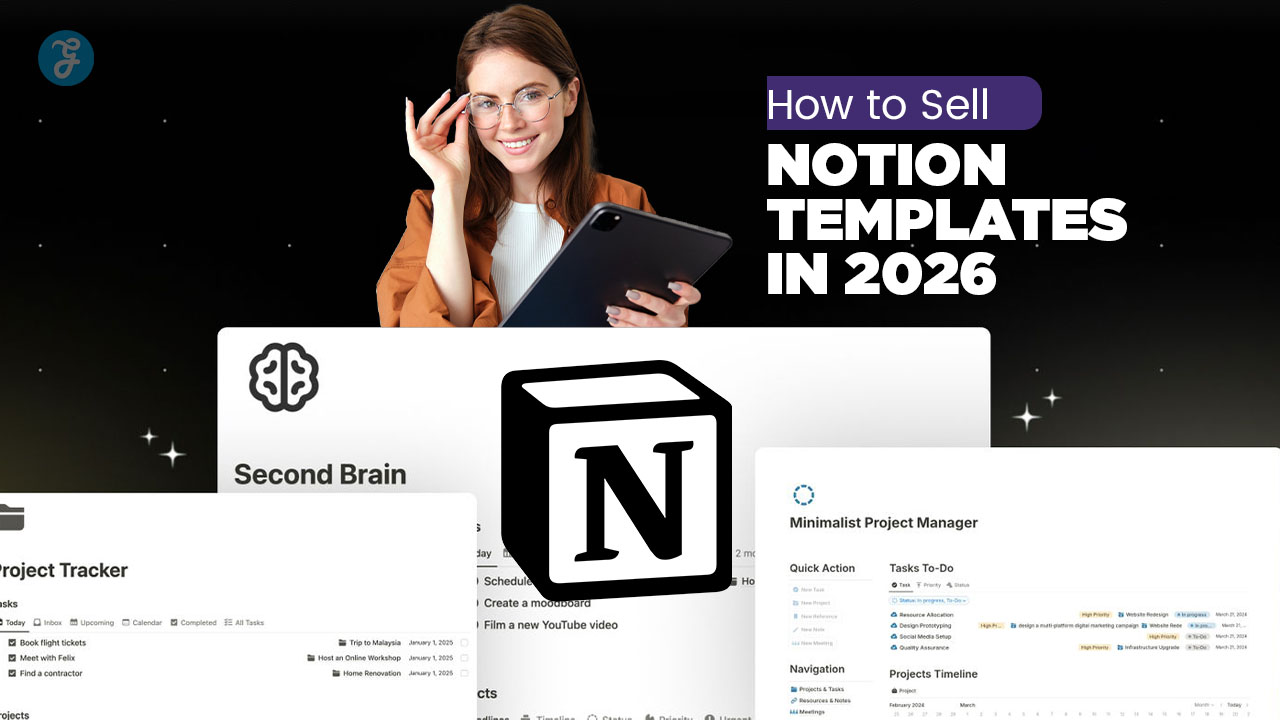Spain’s sunny climate, rich culture, and picturesque landscapes make it a dream destination for many. Whether you’re looking for a vacation home, planning to retire, or considering an investment opportunity, purchasing property in Spain can be a rewarding venture.
However, navigating the real estate market as a first-time buyer requires preparation and knowledge.
This comprehensive guide will provide you with ten essential tips to help you make informed decisions and avoid common pitfalls.
Why Buy Property in Spain in 2025?
Advantages of Investing in Spain
Spain continues to be one of the most attractive destinations for property buyers in Europe, offering a unique blend of affordability, lifestyle, and investment potential. Compared to countries like France or Italy, Spanish properties are relatively cheaper, yet they provide exceptional value.
Whether you’re looking for a seaside villa, a cosmopolitan apartment, or a countryside retreat, Spain has it all. The Mediterranean climate, renowned healthcare system, and vibrant social scene add to its appeal.
For investors, Spain offers high rental yields, especially in major cities and tourist hotspots.
| Factor | Details |
| Affordability | Lower property prices compared to other European nations |
| Lifestyle Benefits | Mediterranean climate, rich culture, and modern amenities |
| Investment Potential | High rental yields and capital appreciation opportunities |
Current Market Trends and Opportunities
The Spanish real estate market in 2025 shows promising trends for first-time buyers. Coastal regions like Costa del Sol continue to attract retirees and second-home buyers, while cities like Madrid and Barcelona are hotspots for investors seeking strong rental returns.
Valencia, often considered an underrated gem, is gaining popularity for its affordability and high quality of life. With a growing number of expats choosing Spain as their new home, demand for property is rising steadily.
This trend is supported by favorable government policies for foreign investors and low mortgage interest rates.
| Region | Key Features | Buyer Appeal |
| Costa del Sol | Luxury villas, strong rental income | Retirees, holiday homeowners |
| Barcelona | A cultural hub, excellent connectivity | Urban investors, high rental yields |
| Valencia | Affordable prices, rich cultural heritage | Families, budget-conscious buyers |
| Madrid | Thriving economy, business-friendly policies | Investors, professionals |
10 Must-Know Tips for First-Time Property Buyers in Spain
1. Set a Realistic Budget
Establishing a budget is the first and most crucial step in your property-buying journey. It’s essential to account not only for the purchase price but also for taxes, legal fees, and ongoing expenses.
Many first-time buyers underestimate these additional costs, leading to financial strain later. A well-thought-out budget ensures you can comfortably afford your new home without compromising your lifestyle.
Upfront Costs:
- Property Price: This is the largest component of your budget.
- Taxes: Expect to pay between 6–10% in transfer tax or VAT.
- Legal and Notary Fees: These range from 1–2% of the property price.
Ongoing Costs:
- Community Fees: Applicable for apartments or properties in gated communities.
- Maintenance Costs: Essential for ensuring the property remains in good condition.
- Insurance: Protect your property against damages and liabilities.
| Expense Type | Details | Typical Cost Range |
| Property Price | Main purchase cost | Varies by location |
| Taxes | Transfer tax or VAT | 6–10% |
| Legal & Notary Fees | Lawyer fees and notary charges | 1–2% |
| Ongoing Costs | Maintenance, community fees, insurance | Depends on property |
2. Research the Best Locations for Your Needs
Choosing the right location is pivotal when buying property in Spain. The country offers a diverse range of options, from bustling cities to serene coastal towns.
Consider your lifestyle preferences and future plans. Do you prefer the vibrant energy of an urban environment or the tranquility of a countryside setting? Accessibility to schools, healthcare, and public transport should also factor into your decision.
- Urban vs. Rural: Cities like Madrid and Barcelona provide modern conveniences, while rural areas offer peace and affordability.
- Lifestyle Needs: Coastal regions like Costa Blanca are ideal for beach lovers, while areas like Andalusia appeal to those seeking history and culture.
| Location | Key Features | Best For |
| Costa del Sol | Luxury villas, vibrant nightlife | Retirees, second-home buyers |
| Barcelona | Strong rental market, cultural attractions | Investors, young professionals |
| Valencia | Affordable homes, relaxed pace of life | Families, retirees |
| Andalusia | Historical towns, scenic landscapes | Culture enthusiasts, rural lovers |
3. Understand Spanish Property Laws and Taxes
Understanding the legal landscape is critical to avoiding complications when buying property in Spain. Spanish property laws can be complex for foreigners, so working with a bilingual lawyer is highly recommended.
Taxes are another crucial consideration, varying by property type and region. Ensure you are fully aware of your tax obligations to avoid unexpected expenses.
Practical Example:
Consider Maria, a buyer from the UK who purchased a vacation home in Costa Blanca. By hiring a local lawyer, she was able to navigate the legal system smoothly, ensuring all taxes and fees were paid correctly.
| Tax/Legal Requirement | Details | Estimated Cost |
| Transfer Tax | Varies by region (6–10%) | €15,000–€25,000 (for €250,000 property) |
| VAT | 10% (on new properties) | €25,000 |
| Notary Fees | 0.5–1% of property price | €1,250–2,500 |
| Legal Fees | 1–2% of property price | €2,500–5,000 |
4. Secure Financing Options
Obtaining a mortgage as a foreign buyer in Spain is feasible, but it requires careful planning. Spanish banks offer mortgages with favorable terms, but the application process involves thorough documentation.
Explore different lenders to find the best deal, and consider consulting with a financial advisor to understand your borrowing capacity.
| Lender | Maximum Loan-to-Value (LTV) | Interest Rate | Key Requirements |
| Spanish Banks | Up to 70% | 3–5% | NIE, proof of income |
| International Banks | Up to 60% | Varies | Strong credit score |
| Private Lenders | Flexible terms, higher interest | Case-specific | Asset-backed agreements |
5. Partner with a Reliable Real Estate Agent
Working with an experienced real estate agent can save you time, money, and stress. They can guide you through the buying process, negotiate on your behalf, and ensure the property meets your expectations.
Look for agents who specialize in helping international buyers and are familiar with the local market.
Practical Example:
John and Lisa, a couple from the US, relied on a real estate agent in Valencia who helped them shortlist properties within their budget. The agent negotiated a lower price and facilitated a smooth transaction process.
| Criteria | What to Look For |
| Certifications | Registered with official real estate bodies |
| Local Expertise | Familiarity with regional property markets |
| Client Reviews | Positive feedback from previous clients |
6. Visit Properties in Person
Online listings provide a good starting point, but visiting properties in person is essential to assess their condition and suitability.
Pay attention to structural details, the neighborhood, and potential noise levels. This hands-on approach helps you make a more informed decision.
| Aspect | Key Questions to Ask | |
| Structural Integrity | Are there visible cracks or damp areas? | |
| Neighborhood | Are amenities like schools and shops nearby? | |
| Noise Levels | Is the area quiet at different times of the day? |
7. Check the Property’s Legal Status
Verifying the legal status of a property is one of the most critical steps in the buying process. Ensure the property is free of debts, disputes, or encumbrances by consulting the local land registry and seeking legal assistance. Skipping this step could lead to financial and legal troubles down the line.
| Check | Details | Why It’s Important |
| Ownership Verification | Confirm the seller’s legal ownership | Prevents disputes over ownership |
| Debt Clearance | Ensure no unpaid mortgages or taxes | Avoids financial liabilities |
| Land Registry Details | Cross-check with official property records | Ensures accurate and transparent data |
8. Negotiate Like a Pro
Negotiation is a vital skill when buying property in Spain. Sellers often expect some level of negotiation, especially in regions with high property supply.
Research the local market to understand pricing trends and use this knowledge to justify your offer. Being polite but firm in negotiations can save you significant money.
Practical Example:
A buyer in Barcelona managed to reduce the asking price by 8% after pointing out the need for renovations and comparing similar properties in the area.
| Factor | Impact on Negotiation |
| Property Condition | Renovation needs can lower the price |
| Market Trends | Buyer’s market allows for stronger offers |
| Seller’s Urgency | Motivated sellers may accept lower offers |
9. Understand the Buying Process in Spain
The property buying process in Spain has specific steps that first-time buyers must follow. Familiarizing yourself with these ensures a smooth transaction and avoids delays.
From making an offer to signing the final contract at a notary, understanding each phase helps you stay informed and prepared.
| Step | Action | Estimated Timeframe |
| Initial Offer | Buyer submits an offer to the seller | 1–2 weeks |
| Reservation Agreement | Deposit paid | 2–4 weeks |
| Final Contract Signing | The notary oversees contract completion | 1 day |
10. Plan for Moving and Settling In
Relocating to Spain involves more than just buying property. Practical preparations, such as setting up utilities, securing residency permits, and integrating into the local community, are essential.
Proper planning ensures a smooth transition and helps you settle into your new home with ease.
| Task | Details |
| Utility Setup | Arrange electricity, water, and internet |
| Residency Documentation | Obtain necessary visas or permits |
| Community Integration | Join local groups and learn Spanish |
Additional Resources for Property Buyers
FAQs for First-Time Buyers
- What documents do I need to buy property in Spain?
- Passport, NIE (tax identification number), proof of funds, and bank account details.
- Can foreigners get a mortgage in Spain?
- Yes, but requirements vary between banks.
| Expense | Approximate Percentage of Property Price |
| Transfer Tax | 6–10% |
| Notary Fees | 0.5–1% |
| Registry Fees | 0.1–0.5% |
| Legal Fees | 1–2% |
Helpful Links and Tools
- Spanish Real Estate Listings
- Mortgage Calculators
- Legal Resources
Takeaway
Buying property in Spain as a first-time buyer can be a life-changing decision. By following these tips, you can navigate the process with confidence and clarity.
Whether you’re drawn to Spain’s beaches, cities, or countryside, careful planning and professional guidance will ensure a smooth and successful purchase.
Begin your journey today and turn your dream of owning property in Spain into a reality!





































